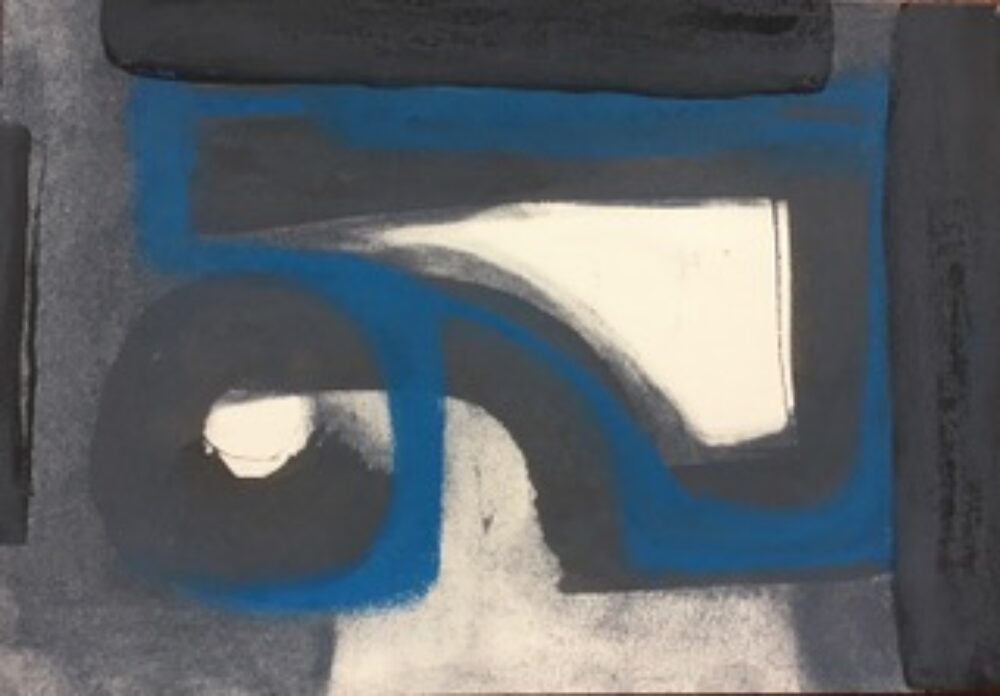The ‘liberal’ in neoliberal has nothing to do with US political labels but instead refers to the Enlightenment underpinnings of Western culture. The political progenitors of the United States were deeply influenced by Locke, Hume, Adam Smith, Voltaire and Rousseau. Creatures of the Reformation all, they rejected the divine right of kings and the divine conduit of the abbotts and elevated the sovereignty of each person’s reason. Free from the arbitrary rule of prince and priest, they enshrined the political principles by which we govern ourselves; the freedoms of speech, religion, press and markets. These original ‘liberals’ (among others) developed;
a vision of liberty and freedom that came to underpin a self-regulatory structure of governance that placed limits on the abitrariness of state power at the same time as it led and enabled individuals to regulate their own conduct to the rules of a market society.
Building upon this historical base, the rhetoric of neoliberalism has made good use of our American fetish for the word ‘freedom” . Markets must be ‘free’; deregulated and allowed to operate without the state impinging upon them just as we individual economic actors must be ‘free’ to purchase whatever smart phone we wish to buy. This is the basic conflation of market and individual “freedoms” which now undergirds American discourse; it simply feels like common sense.
But let’s begin with “freedom” as it applies to the market. It is also a common sense notion in America that pre-tax economic activity is the domain of the “market”. The State is seen to step in after the fact to impose its taxes and and regulations…making the market less ‘free’. (True neoliberals believe that “market” based economic distribution of income will be “just” whereas taxes are a form of theft by the State). In point of fact, no market is “free”. Modern markets (in particular) are creations of the state. The state creates the conditions whereby “property” can be created and protected and whereby commercial relations can be made relatively predictable. Who gets what marginal tax rates, who has access to the judicial system, how much transactional transparency is provided to investors and central banks that control currencies and interest rates are all ways that the State sets the stage for who is going to be successful. The marketplaces in Singapore, China, the U.S. and Sweden are as different as their political systems but the winners and losers in any marketplace are to a great extent, already “baked into the cake” by the State.
No only do markets not start out “free”, they are subject to the inexorable cupidity of economic actors trying game the system and put a thumb on the scale. The crash of 2008 is a case study of a financial system being gamed; by mortgage lenders, rating agencies and huge financial institutions playing casino with the money of widows and orphans. Just last month, our planetary big banks got caught trying to rig the international currency market.
Next up: If the ‘market’ is not truly ‘free’, if the system (to use Bernie’s term) is rigged, what does that say about my own ‘freedom’ as an individual economic actor?
